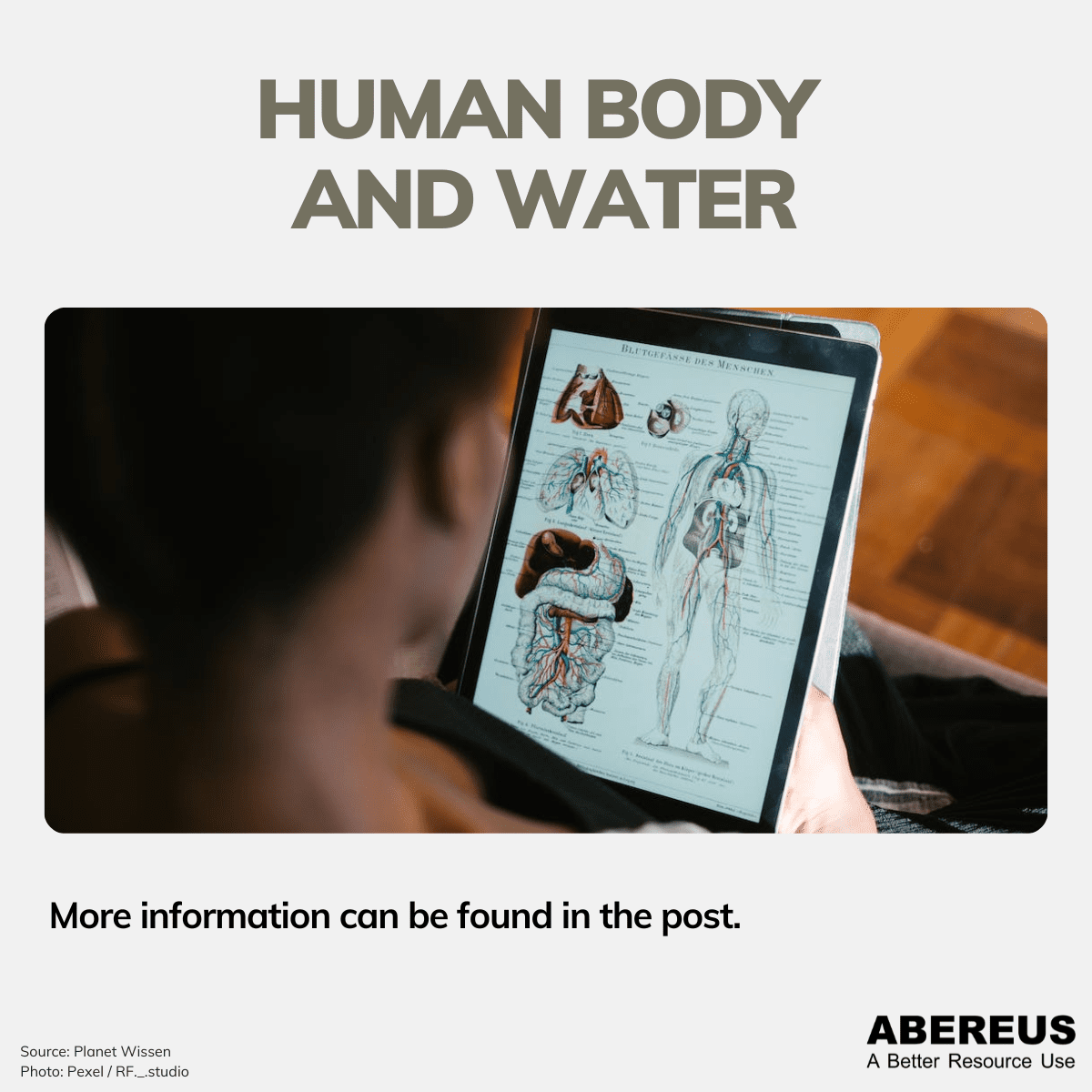Human body and water

Date
The human body is made up of 50-60% water, making it the most important nutrient for everyday life. There are four types of water available in Germany: mineral water, table water, spring water, and drinking water. Mineral water must be pure and cannot be altered, and while table water can be treated and mixed with minerals. Spring water is less controlled but must meet the same quality standards as drinking water. Drinking water is extracted from various water sources in Germany, including ground, surface, and spring water. It is mineral-poor compared to natural mineral water but should have a minimum concentration of minerals.
The quality of drinking water is regulated by the Drinking Water Ordinance, which specifies water treatment processes and sets limits for contaminants such as nitrate and chloride. The strictest quality control of any food product in Germany is for drinking water, which is subject to regular and rigorous monitoring by over 6,000 water supply companies to ensure the water is tasteless, odorless, and free from pathogens. Water is filtered, disinfected, demineralized, softened, or de-acidified to ensure a consistently high quality.
While drinking water is generally of high quality, older homes may have lead pipes that can contaminate the water. On the other hand, hard water, which often causes mineral deposits and stains in water-using appliances. It is not harmful to health and may be beneficial because it contains high levels of calcium. The German Society for Nutrition recommends a daily fluid intake of 1.5 liters.
If you’d like to hear more about our tab, grab a drink, get connected and join us for a better resource use.



